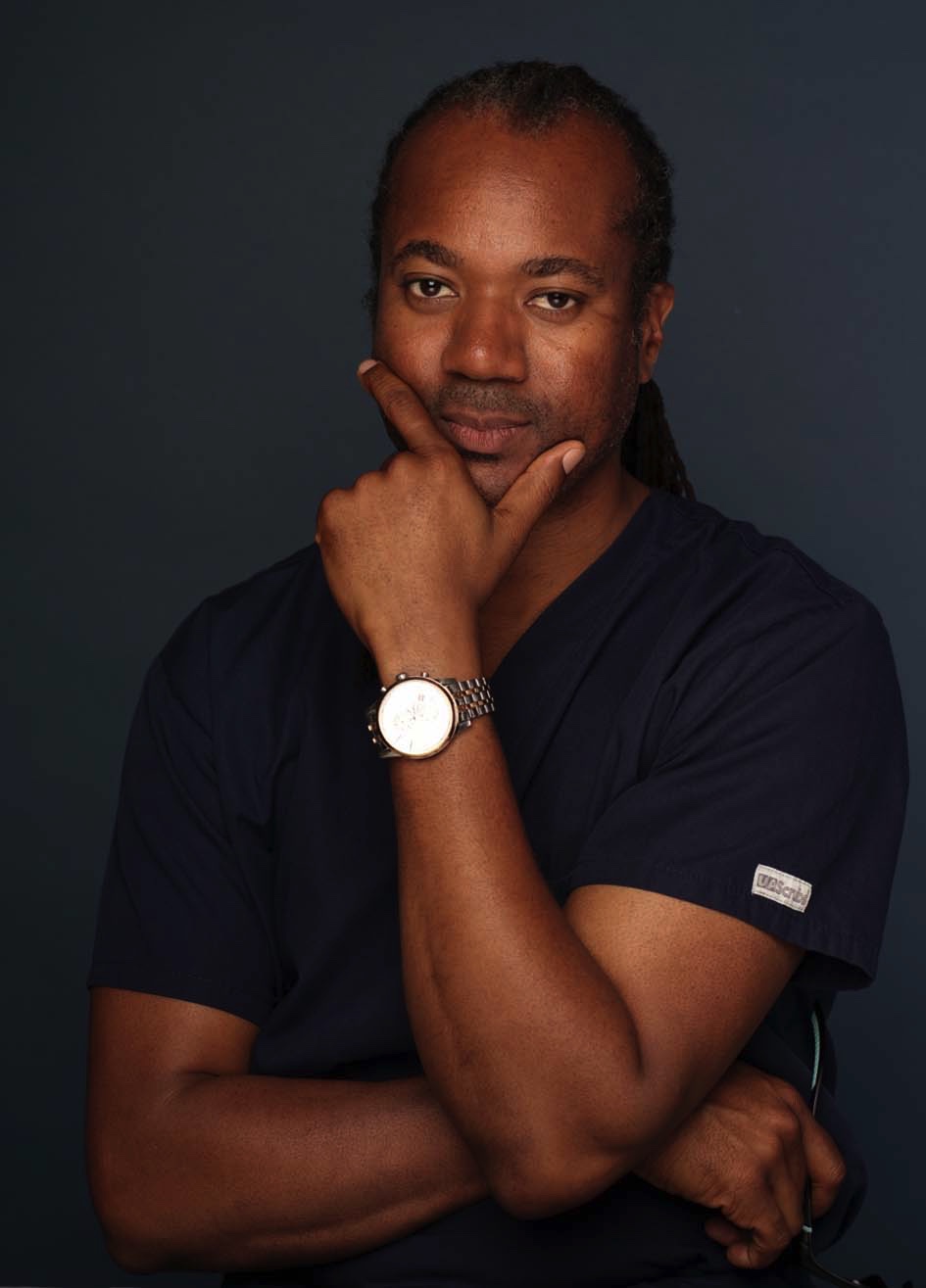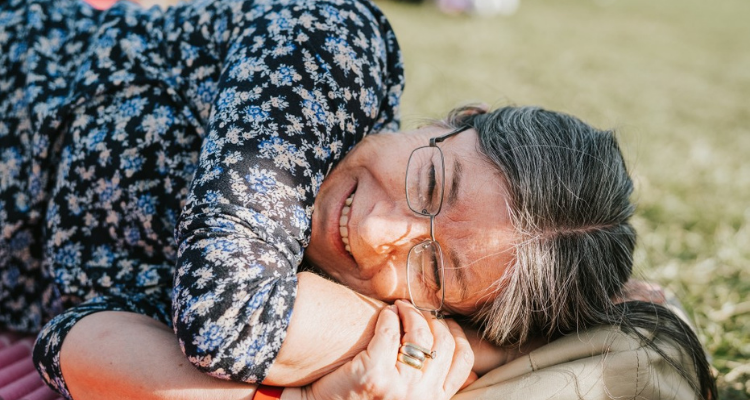
Understanding the complexities of aging may be vital to increasing quality of life and optimizing the aging process.
We’ve all seen people who look and feel fantastic for their age. Conversely, there are those who look much older than they are and may even physically feel a bit older than their chronological age would indicate. These examples lead us to the question: is age accurately captured by the number of years we’ve lived?
Advanced testing strategies reveal that the concept of age is far more complicated than merely a number, and in fact, includes multiple markers for age, including biological age.
What is Your Biological Age?
We commonly consider age in terms of chronological age: how many years we’ve lived. Instead of tracking trips around the sun, biological ages measures how well our tissue and cells are holding up as we move through our lives.
Biological age takes into consideration a list of individual biomarkers and measures the natural process of DNA methylation. Your biological age may be older or younger than your chronological one. For example, your chronological age might be 30, while your biological age could be closer to 40. Having a biological age older than your chronological age may not bode well for life expectancy.
Phenotypic age is another way to measure the aging process. Phenotypical age is similar to biological age in that it evaluates markers outside of years lived, including lifestyle and health factors, to determine the risk of mortality. Phenotype refers to an organism’s physical characteristics, and phenotypic age is heavily influenced by diet and lifestyle factors that accelerate or slow the aging process.

How is Biological Age Determined?
Biomarkers commonly used to measure biological age include A1C, total cholesterol, C-Reactive protein, blood pressure, total homocysteine, triglycerides, fasting glucose, waist-to-hip ratio, creatinine, reactive oxidative species, and more. Higher biological age is also marked by a decrease in telomere length and specific fluctuations in DNA methylation that may predict mortality regardless of chronological age.[1]
Biological age gives an indicator of predicted longevity, and it is highly influenced by factors within your control, such as diet, lifestyle, stress management, and more. The field of epigenetics helps us understand why.
Epigenetics examines how changes in behavior, called external modifiers, influence the expression of genes. While we can’t alter our inherited genetic code, we do have the power to influence biological age by making lifestyle changes that impact how our genes are expressed.
Different body parts can also have different biological ages. For example, if someone has a history of heavy drinking, their liver and kidneys may have a biological age higher than the rest of the body. Those curious about their biological age can now use home testing kits that compare biomarkers in saliva, stool, and tissues to identify overall biological age, and compare it to the biological age of different body systems and organs.
Affordable Testing Options
If you’re looking to identify your biological age, you can order a complete blood chemistry (CBC) panel from a naturopath or MD. A CBC examines many of the same biomarkers of biological age as a home test kit but is priced more affordably.
Before testing biological age, it’s important to understand your intentions. Are you interested in improving sports performance? Is longevity your goal? Or are you looking to make lifestyle changes to age more gracefully? Knowing your intentions can bring clarity to your goals and help you create a concrete action plan based on the results.
How to Lower Your Biological Age
Once you know your biological age, what can you do about it? Individual biomarkers for age throughout your body will give you an indication of lifestyle changes that may improve your experience of aging, and you can apply the principles of epigenetics to make specific changes that may slow or even reverse your biological age.
Research reveals many lifestyle practices that may increase longevity, including a Mediterranean diet, intermittent fasting, and calorie restriction. If you’re interested in making these changes, be sure to do so under the supervision of a functional medicine doctor.[2]
Diets high in refined carbohydrates, sugars, and hydrogenated (trans) fats, may increase your biological age. A diet rich in healthy fats, lean protein, fruits, and vegetables may lower it.
Oxidation also plays a role in the aging process, and mitigating oxidative stress is key to reduce biological age. Increasing antioxidants, maintaining sufficient sleep, practicing stress management techniques, and eating a clean diet can help. Physical exercise also manages oxidative stress. However, too much exercise can over-stress the body and increase inflammation. Finding your exercise “sweet spot” is vital.[3]
Nutritional supplements may help slow biological aging. However, because everyone is unique, if you want to use supplements to target biological age, you should consult with a naturopath or functional medicine practitioner to customize your individualized plan.
That said, some helpful nutritional supplements might include:
- zinc
- folate
- choline
- probiotics
- magnesium
- fish oil
- multi-vitamin and mineral supplements
Biological age influences our quality of life and has an important relationship with longevity. Completing some basic testing may reveal insight into how lifestyle changes, such as improved nutrition, stress management, and exercise may make the most significant impact on the quality of life you lead.
By Dr. Charlie Ware

[1] Bell, C.G., Lowe, R., Adams, P.D. et al. DNA methylation aging clocks: challenges and recommendations. Genome Biol 20, 249 (2019). https://doi.org/10.1186/s13059-019-1824-y
[2] Martinez-Gonzalez, M. A., & Martin-Calvo, N. (2016). Mediterranean diet and life expectancy; beyond olive oil, fruits, and vegetables. Current opinion in clinical nutrition and metabolic care, 19(6), 401–407. https://doi.org/10.1097/MCO.0000000000000316
[3] Teo JX, Davila S, Yang C, et al. Digital phenotyping by consumer wearables identifies sleep-associated markers of cardiovascular disease risk and biological aging. Commun Biol. 2019; 2: 361.

















